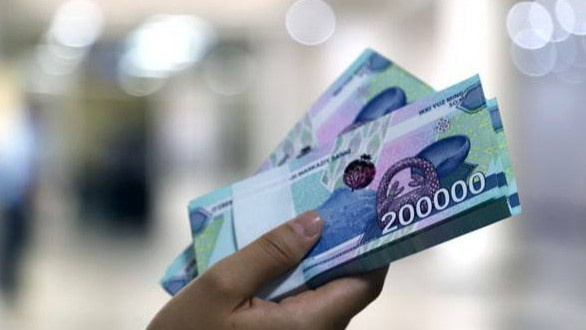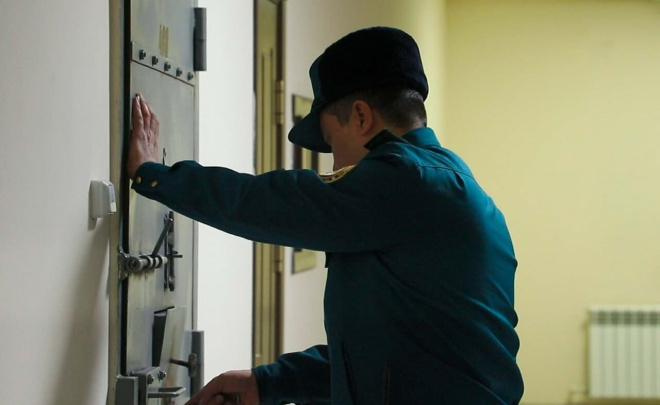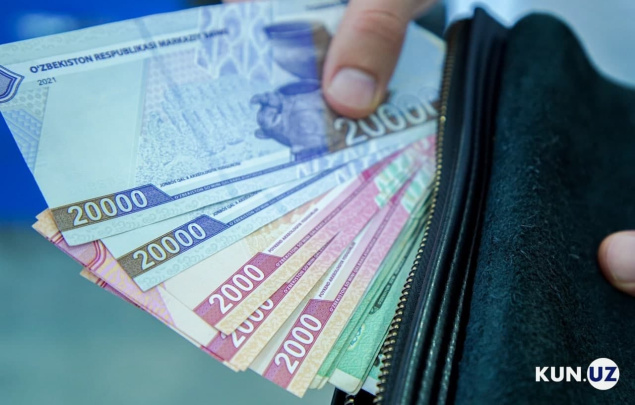According to the press service of the Central Bank (CB), the volume of receipts through international money transfer systems in 2022 amounted to $16.9 billion, which is significantly more than in 2020 and 2021 (in 2020 – $6.0 billion and in 2021 – $8.1 billion).
According to the regulator, this is due to the following factors:
- growth in the volume of payments for previously received goods (services) (accounts receivable) and advance payments for export goods;
- under the influence of the geopolitical situation in Russia (in order to preserve capital), part of the foreign exchange funds transferred from the republic came back to Uzbekistan in the form of export earnings and as an advance on import contracts;
- the issuance of permission by the Russian government for “parallel imports” and the implementation by economic entities of the Russian Federation of imports related to Europe through Central Asia, in particular through Uzbekistan.
On January 26, during a press conference, the CB Chairman, Mamarizo Nurmuratov, said that transfers of $14.5 billion (85%) are accounted for by Russia. At the same time, he noted that the above amount also includes receipts from small exports and money transfers from citizens of neighboring countries.
In addition, Mamarizo Nurmuratov recalled that in 2022, banks in Kyrgyzstan and Tajikistan introduced restrictions on currency withdrawals. As a result, citizens of these countries transferred money to Uzbekistan and cashed out at local banks.
According to experts, the Russians also began to actively send funds to Uzbekistan.
First, after the announcement of mobilization, many Russians began to flee from their country and some of them moved to Uzbekistan. In turn, the money was sent through various international transfer systems.
Secondly, business relocation. Some entrepreneurs also began to carry out their activities on the territory of Uzbekistan. Money began to flow to Uzbekistan.
Thirdly, “card tourism”. Russians regularly make trips for bank cards of neighboring countries in order to be able to pay for goods subject to sanctions and use Internet services that do not accept Russian cards.






